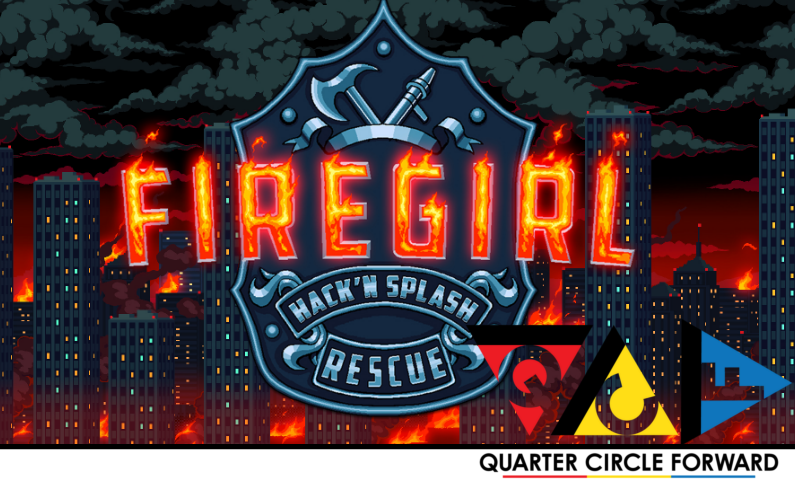QCF: Bomb Rush Cyberfunk

 find it pretty funny that I’m writing this review mere weeks after the Dreamcast’s 24th Anniversary; I mean, not just that in that granular humor from a well-timed coincidence sort of way, but in that I’m still seeing one of my favorite consoles live on through a legacy that dwarfs its flash-in-the-pan lifespan. Even though it was released two years into the 128-Bit Machine’s reign, Jet Grind Radio left quite the impact in 2000, as it quickly became a must-have exclusive for the platform and yet another reason to attract anyone over to SEGA hardware instead of Nintendo’s or Sony’s offering.
find it pretty funny that I’m writing this review mere weeks after the Dreamcast’s 24th Anniversary; I mean, not just that in that granular humor from a well-timed coincidence sort of way, but in that I’m still seeing one of my favorite consoles live on through a legacy that dwarfs its flash-in-the-pan lifespan. Even though it was released two years into the 128-Bit Machine’s reign, Jet Grind Radio left quite the impact in 2000, as it quickly became a must-have exclusive for the platform and yet another reason to attract anyone over to SEGA hardware instead of Nintendo’s or Sony’s offering.
After an underwhelming sequel and years of Fan-service cameos, SEGA’s frenetic Graffiti-racer has mostly lived on as a garnish for the repeated servings of nostalgia surrounding the Japanese brands’ peak years. Given that the property has undoubtedly had more of an impact than SEGA had accounted for, it was only inevitable that one studio would set out to tag the spot Jet Grind Radio had left untouched for twenty years.
Netherlands studio, Team Reptile, answered the call, & endeavored to produce a spiritual successor to the Dreamcast Cult favorite with Bomb Rush Cyber Funk, an improved open-world take over the middling attempt we saw out of Jet Set Radio Future, with a freestyle approach to progression. The end result isn’t just a fresh approach to a familiar classic but a practical reinvention that improves upon its source material in nearly every single way.















 Press Pause Radio
Press Pause Radio 


















